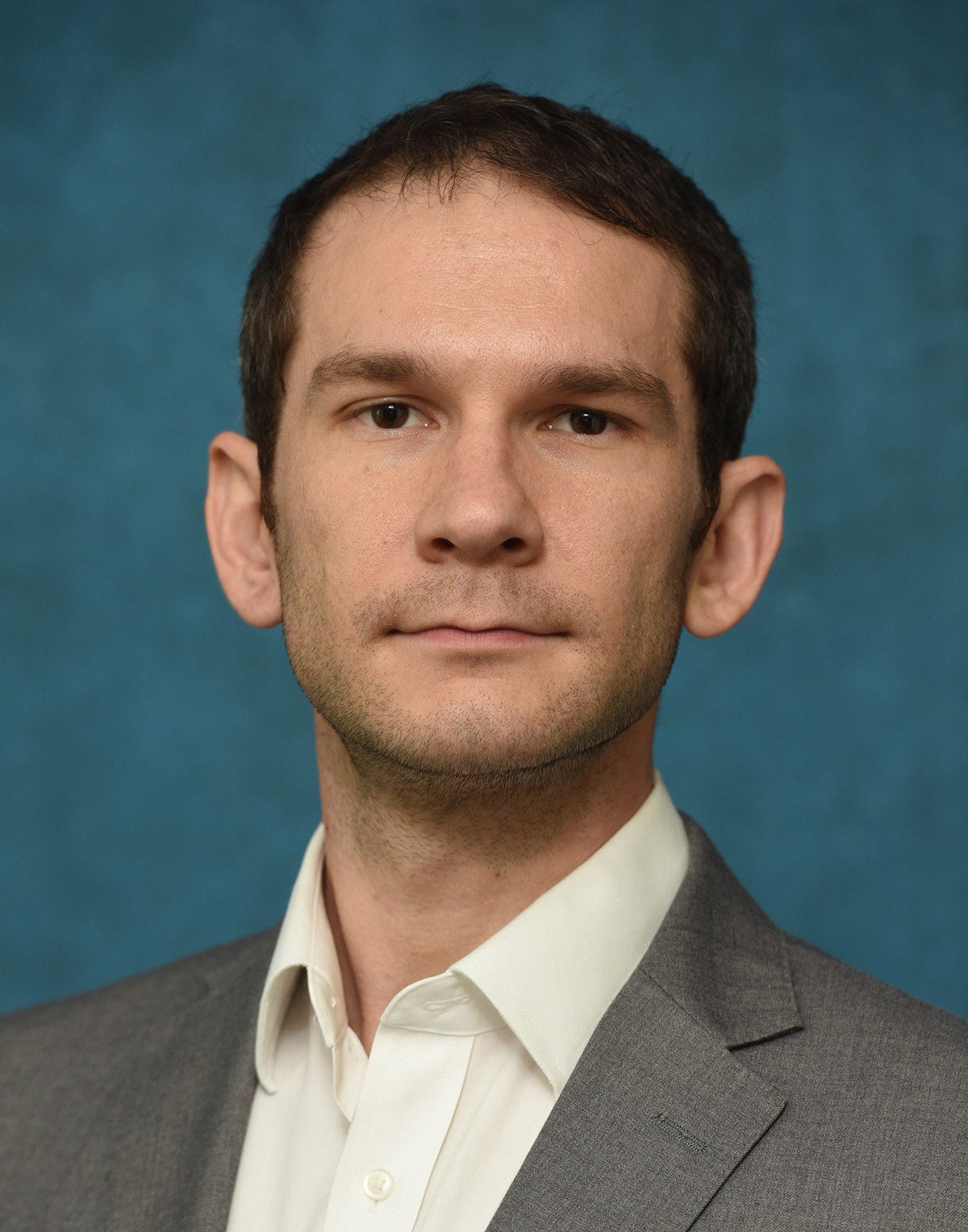Polymer faculty receive U.S. Department of Energy funding for Plastics Recycling Research and Development
A University of Akron (UA) team led by Dr. James Eagan and Dr. Junpeng Wang (Principal Investigator), assistant professors of polymer science, has received funding from the Department of Energy (DOE) as part of the DOE’s Plastics Innovation Challenge. They were awarded a total of $2,049,242 over the next three years to develop new recyclable plastics to address the challenges in plastics sustainability. Other UA team members involved in this project include Dr. Mark Foster, Dr. Toshi Miyoshi, Dr. Abraham Joy, and Dr. Ali Dhinojwala.
Their research project, Highly Recyclable Thermosets for Lightweight Composites, is in partnership with Pacific Northwest National Laboratory and Raytheon Technologies Research Center. “Carbon fiber reinforced plastics are extremely lightweight and strong materials,” said Dr. Eagan. “We use them in everything from cars, to airplanes, to wind turbines. This is because they have one of the highest strength to weight ratios of any material. The lightweight properties are not only great for performance, but provide immense energy savings because less weight means burning less fuel. Unfortunately, these materials cannot be recycled. This is a problem not only because of the waste that accumulates in the environment, but also because the carbon fiber is very expensive and energy intensive to make. The research project we have proposed is a new material that allows you to both recycle the material into new applications as well as recover the carbon fiber at the end of the product’s lifespan.”
“We will develop thermoset composites from bio-based carbon sources, such as carbon dioxide and biomass with chemical and thermal recyclability,” said Dr. Wang. “We will target carbon fiber reinforced plastics as a good candidate application. The recyclable thermoset will improve the recovery of the energy-intensive carbon fibers and plastics and provide end-of-life value for the composites. Our technology will also create an avenue for bio-based carbon sources to be used in high-volume production for products with long service life and performance comparable to that of conventional fossil fuel-based materials.”
According to Eagan, “the impact of this technology is that the materials can be recovered. By recovering the raw materials, we do not have to manufacture these lightweight composites from new raw feedstocks. This saves energy, material consumption, and cost.”
Their cutting-edge research will “replace the permanent cross-links in conventional thermosets with dynamic bonds that can be thermally triggered to undergo bond exchange to change the network topology. At service temperature, the thermosets are rigid like conventional thermoset polymers. At temperatures above the topology transition temperature, the materials behave as viscous liquid thermoplastic polymers, allowing for remolding and recycling.”
In addition to this research project, the School of Polymer Science and Polymer Engineering is also actively working on other aspects of sustainability, including recycling and upcycling existing plastics, developing biodegradable materials, and utilizing sustainable energy.
Dr. James M. Eagan develops synthetic methodologies for the synthesis of new polymers, with a focus on polyolefin materials. He joined The University of Akron in 2019 as an assistant professor after working at Aramco Performance Materials and Ascribe Bioscience. He graduated from Emory University in 2009 with a B.S. in Chemistry summa cum laude and received a Ph.D. in Chemistry from Columbia University in 2014. Dr. Eagan’s thesis work, under the direction of Prof. Scott A. Snyder, investigated the Diels-Alder cycloaddition as a general strategy for the total synthesis of oligomeric sesquiterpenes natural products. Following his doctoral studies, under the guidance of Prof. Geoffrey W. Coates at Cornell University, Dr. Eagan studied the synthesis and properties of polyolefin block copolymers. This research focused on combining the two most abundant plastics, polyethylene and polypropylene, into mechanically robust blends through the use of multiblock copolymers.
Dr. Junpeng Wang is a physical organic and materials chemist. Prior to joining The University of Akron as an assistant professor of Polymer Science, he worked as postdocs with Prof. Jeremiah Johnson at the Massachusetts Institute of Technology and Prof. Luping Yu at the University of Chicago, respectively. He conducted his Ph.D. research on polymer mechanochemistry with Prof. Stephen Craig at Duke University and obtained his Ph.D. degree in chemistry in 2015. Dr. Wang's research group has recently developed a series of chemically recyclable polymers that can potentially address the challenges in plastics sustainability. These polymers show excellent thermal and chemical stability, but can degrade into the corresponding monomer in the presence of a catalyst.

Dr. James Eagan

Dr. Junpeng Wang
